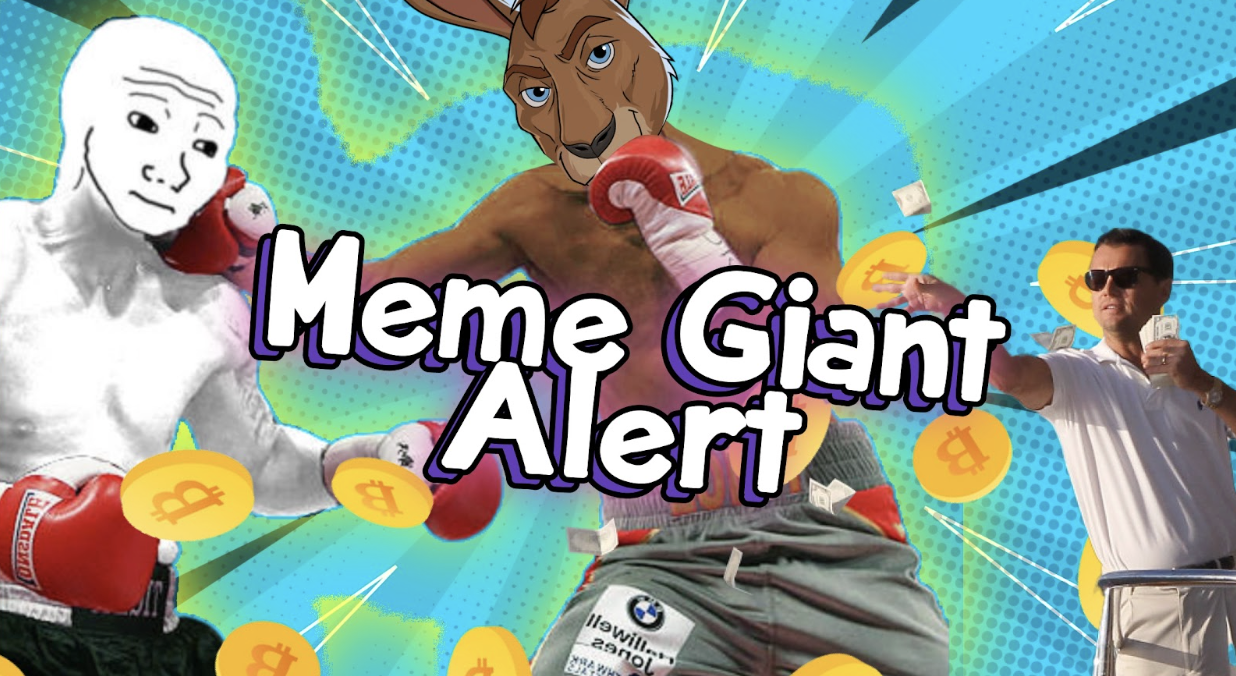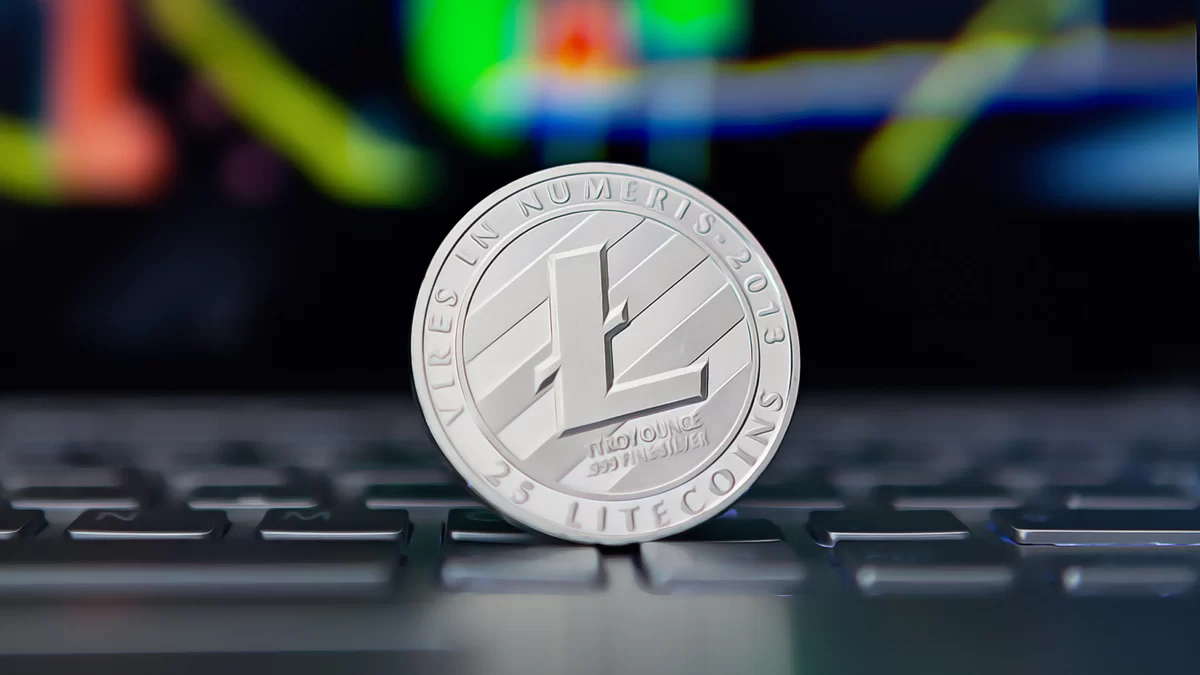OpenAI has asked a federal judge to dismiss parts of a copyright lawsuit filed against it by The New York Times, alleging that the newspaper paid someone to hack its ChatGPT system and generated one hundred misleading pieces of evidence for the case. In its filing to the Manhattan federal court on February 26, the OpenAI team stated that the Times had reproduced its content through deceptive practices that violated the terms of use for OpenAI products.
OpenAI Team Takes a Notable Step
OpenAI did not identify the individual it claims was used by the Times to manipulate its systems and avoided accusing the newspaper of violating anti-hacking laws. OpenAI included the following statement in its filing:
“The allegations in the Times’ complaint do not meet the purported rigorous journalistic standards. The truth that will emerge in this case is that the Times paid someone to hack OpenAI’s products.”
According to the newspaper’s attorney Ian Crosby, OpenAI’s hacking claim is nothing more than the Times’ effort to find evidence for its allegations that its copyright-protected works were stolen and replicated, using OpenAI’s products for this purpose. In December 2023, The Times filed a lawsuit against OpenAI and its major financial backer Microsoft. The lawsuit claims that millions of Times articles were used without permission to train chatbots that provide information to users.

The lawsuit leverages both the United States Constitution and the Copyright Act to defend the original journalism of The New York Times. It also points to Microsoft’s Bing AI, alleging that it created verbatim quotes from its content.
What’s Happening in the Field of Artificial Intelligence?
The Times is among many copyright owners who have filed lawsuits against technology companies, alleging misuse of their content in artificial intelligence training. Other groups such as authors, visual artists, and music publishers have also initiated similar lawsuits. OpenAI had previously claimed that it is impossible to train advanced AI models without using copyrighted works.
In a submission to the United Kingdom’s House of Lords, OpenAI stated that due to the broad coverage of copyright laws over various human expressions, it would not be feasible to train leading AI models without using copyrighted materials. Technology companies argue that AI systems use copyrighted materials fairly and warn that these lawsuits threaten the growth of a potential multitrillion-dollar industry.









